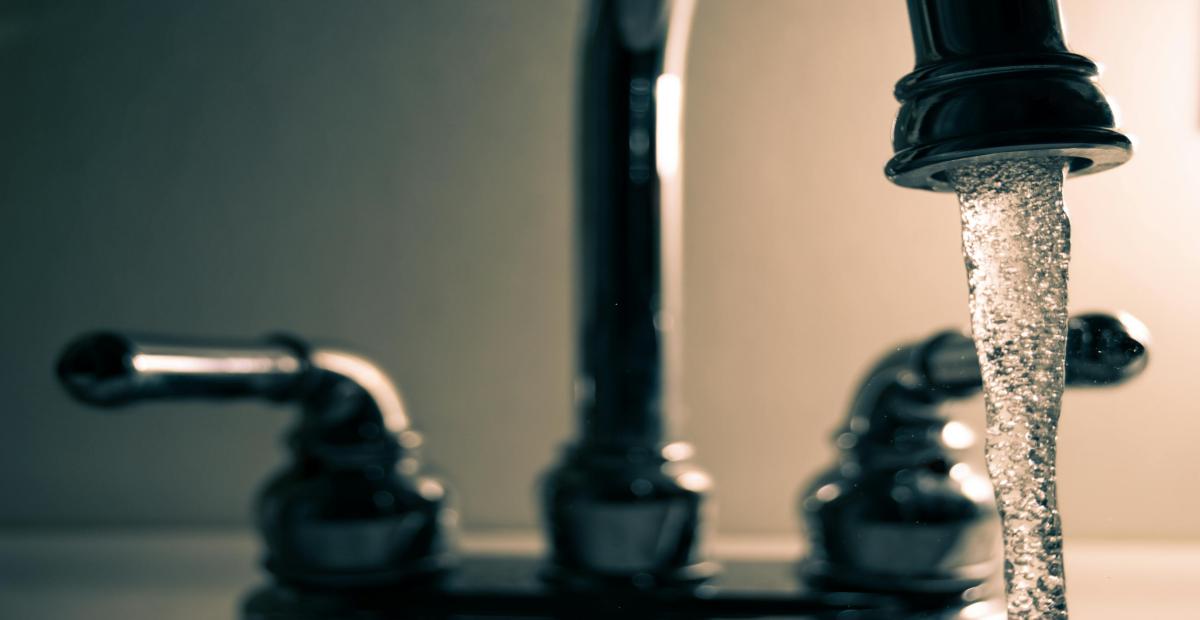Article: Water: The Hidden Key to Weight Loss?
Water: The Hidden Key to Weight Loss?
Do you know that drinking water can help you lose weight? Water is often overlooked as a weight-loss tool, but it is actually one of the simplest and most effective ways to shed pounds. In this article, we will explore how drinking water can help you lose weight and how to incorporate it into your daily life for the best results.
1. Water Increases Calorie Burning
Drinking water can significantly boost the number of calories you burn in a day. This phenomenon, known as "water-induced thermogenesis," has been clearly demonstrated in a study published in the *Journal of Clinical Endocrinology and Metabolism*. Within 10 minutes of drinking water, calorie consumption can increase by 24% to 30%. A long-term study funded by the National Institutes of Health (NIH) found that increasing daily water intake by 34 ounces (about 1 liter) can lead to an additional weight loss of 4.4 pounds (about 2 kilograms) over a year.
The temperature effect of water has also garnered attention in the American nutrition community. Renowned nutritionist Dr. Michael Boschmann discovered in his experiments that when drinking cold water (around 22°C), the body needs to expend extra calories to warm the water to body temperature. Each liter of cold water can burn an additional 8 to 25 calories. Although this may seem minimal at a single instance, when calculated based on the daily water intake recommendation of 2.7 to 3.7 liters by the U.S. Dietary Guidelines, the cumulative long-term effect is substantial.
2. Drinking Water Before Meals Controls Appetite
One of the most effective ways to reduce appetite is to drink water before meals. A randomized controlled trial published in the journal *Obesity* by Virginia Tech University showed that participants who drank 16 ounces (about 500 ml) of water before meals lost 44% more weight than the control group over a 12-week period. This study has been incorporated into the dietary recommendations of the U.S. Department of Agriculture (USDA) as an economical and effective weight management strategy.
3. Detoxification and Waste Elimination
Water is crucial for maintaining a healthy digestive system. It helps the kidneys flush out toxins and waste from the body through urine and feces. When you are dehydrated, the kidneys cannot function properly, leading to the accumulation of toxins and fluids, which is harmful to your health. Dehydration can also cause constipation and bloating, making you feel tired and swollen. Over time, this can lead to weight gain and other health issues. Staying well-hydrated ensures that your body efficiently eliminates waste and maintains optimal health.
4. Boosting Metabolism
Another benefit of staying hydrated is that it can promote metabolism. Studies have shown that metabolism can increase by up to 25% within an hour after drinking water. This means that the body can more effectively break down and metabolize carbohydrates and stored fat. Water acts as a natural catalyst, helping the body run its metabolic processes more efficiently. By keeping your metabolism running smoothly, you can achieve better weight-loss results.
How to Drink Water Correctly for Weight Loss
Now that you understand the benefits of drinking water for weight loss, it's important to know how to drink water correctly to get the best results. Here are some tips to help you incorporate water into your daily life.
1. Drink the Right Amount of Water
While drinking water is crucial for weight loss, it's also important to know how much water you should drink each day. According to recommendations from the National Academies of Sciences, Engineering, and Medicine, men should aim for about 3.7 liters of water per day, and women should aim for 2.7 liters. This includes water from food. A good way to check if you are sufficiently hydrated is to observe the color of your urine. If it is light yellow or clear, you are well-hydrated; if it is dark yellow or amber, you need to drink more water.
2. Choose the Right Time to Drink Water
The timing of your water intake is as important as the amount. It's best to spread your water consumption throughout the day. Drinking one or two glasses of water first thing in the morning is a great choice. After a night's sleep, your body is in a dehydrated state, and drinking water in the morning can help rehydrate your body and kick-start your metabolism. Other ideal times to drink water include before and after meals, in the afternoon, and before bed. Although there is no strict schedule, as long as you distribute your total water intake evenly throughout the day, you can develop a healthy hydration habit.
3. Choose Pure Water
The type of water you choose is also important during weight loss. Many people opt for sugary drinks because they taste good, but these beverages add unnecessary calories. Filtered pure water from a water purifier is a better choice because it is tasteless and easier to drink. Replacing sugary drinks with pure water can significantly aid in weight loss. Studies have shown that adults who replace juice with pure water gain 0.35 kilograms less than those who continue to drink juice.
Conclusion
Water is a powerful but often underestimated weight-loss tool. By increasing calorie burning, controlling appetite, eliminating toxins, and boosting metabolism, water can play a significant role in helping you achieve your weight-loss goals. Remember to drink the right amount of water, choose the right time to drink it, and opt for pure water to get the best results. By incorporating these simple tips into your daily life, you will find that water plays an important role in your journey to a healthier and slimmer body.

